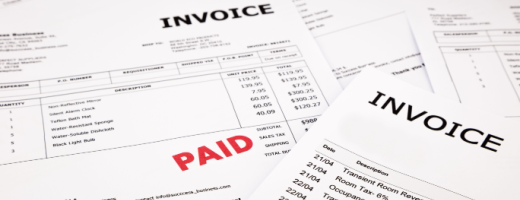Step 1: Choose the right ITR form
Selecting the correct ITR form for freelancers is crucial. For most freelancers, ITR-4 is the go-to form, designed for professionals earning income from a business or profession. This form accommodates various types of income, deductions, and allowances specific to freelancers.
Step 2: Gather your financial information
Compile all your financial statements before you begin the ITR filing for freelancers. This includes bank statements, invoices, expense receipts, and other documentation of your earnings and expenditures. Being organised is not just about tidiness; it’s about clarity and precision in your financial journey.
Step 3: Calculate your taxable income
Deduct your expenses from your total income - expenses like work-related purchases, home office costs, and even some utilities can be deductible. This step determines your net income, which you’ll pay tax on.
Step 4: Understand and apply deductions
As a freelancer, you're entitled to specific deductions under various sections of the Income Tax Act. Make sure to explore these to reduce your taxable income. This isn't just about saving money; it's about making the most of your hard-earned funds.
Step 5: File your ITR online
With all your documents and calculations, you’re ready for the ITR filing for freelancers. The online process is straightforward. Just log onto the Income Tax Department's e-filing website, fill in the necessary details, upload the required documents, and submit.
Step 6: Pay your taxes
If you owe taxes after filing your ITR, pay them before the due date. Late payments can lead to penalties, something you would want to avoid as a diligent freelancer.
Final step: Verify your ITR
After submitting your ITR, don’t forget to verify it. You can do this electronically using Aadhaar OTP or by sending a signed printout of the ITR-V to the Income Tax Department.
Understanding how to file ITR for freelancers is not just a regulatory requirement; it’s a step towards financial independence and maturity. By taking control of your taxes, you’re not just complying with the law; you’re embracing the essence of being an independent professional. Remember, knowledge is more than power in the gig economy - it’s profit.
To open your GIGA Savings Account Click here
*Terms and conditions apply. The information provided in this article is generic in nature and for informational purposes only. It is not a substitute for specific advice in your own circumstances. You are recommended to obtain specific professional advice from before you take any/refrain from any action. Tax benefits are subject to changes in tax laws. Please contact your tax consultant for an exact calculation of your tax liabilities.















































